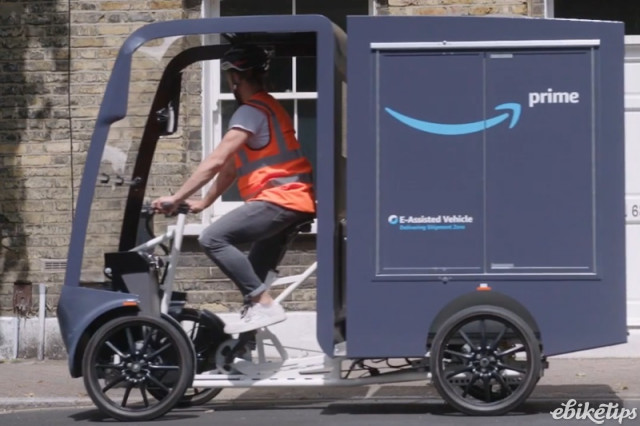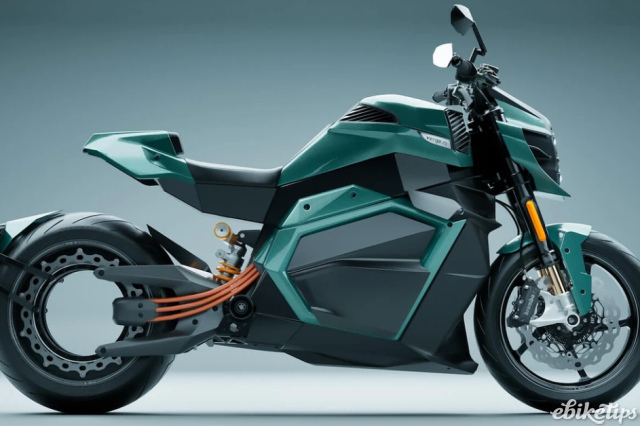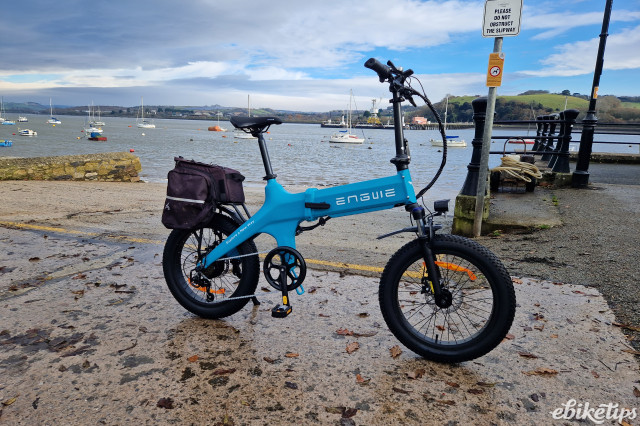Amazon has created a new micro-mobility hub in the London Borough of Hackney. The online retail giant says that this will result in e-cargo bikes and walkers completing around a million deliveries a year.
Amazon already has over a thousand electric delivery vans operating in the UK, delivering around 45 million packages a year. It’s also recently acquired five fully electric HGVs with four more on the way.
The firm’s initial goal is to have half of all deliveries net carbon zero by 2030.
The Hackney hub will however be Amazon’s first fleet of e-cargo bikes in the UK – so it’s been pretty slow off the mark really.
The likes of UPS, DPD, FedEx and Royal Mail have all run trials of various kinds of light electric vehicles and most now employ them to at least some extent in their day-to-day operations.
> Electric cargo bikes deliver faster than vans
The Guardian reports that the Amazon e-cargo bikes (which are actually 25km/h pedal-assisted four-wheelers) will be operated by a variety of partner businesses and not directly by Amazon. More e-cargo bike delivery hubs are expected to launch across UK in the coming months.
Commenting on the development, Hackney Council Cabinet Member for Environment and Transport, Mete Coban, said: “Tackling transport emissions is key if we’re to reach net zero. We’re really pleased to have worked with Amazon to support them to take traditional vans off the streets and replace them with e-cargo bikes. This will help to reduce emissions and improve air quality for people in Hackney and beyond.”
Amazon has also announced that it plans to have more than 30,000 new modular solar panels installed on its facilities in Manchester, Coalville, Haydock, Bristol and Milton Keynes by the end of the year.
Amazon’s UK Country Manager, John Boumphrey, commented: “Our new e-cargo bikes, walkers and growing electric vehicle delivery fleet will help us make more zero emission customer deliveries than ever before across London and the UK in the coming months.
“Doubling the number of on-site solar projects at our facilities across the UK further demonstrates our ambition to power our operations with 100% renewable energy by 2025 and represents an important step on our journey to be net-zero carbon by 2040.”




